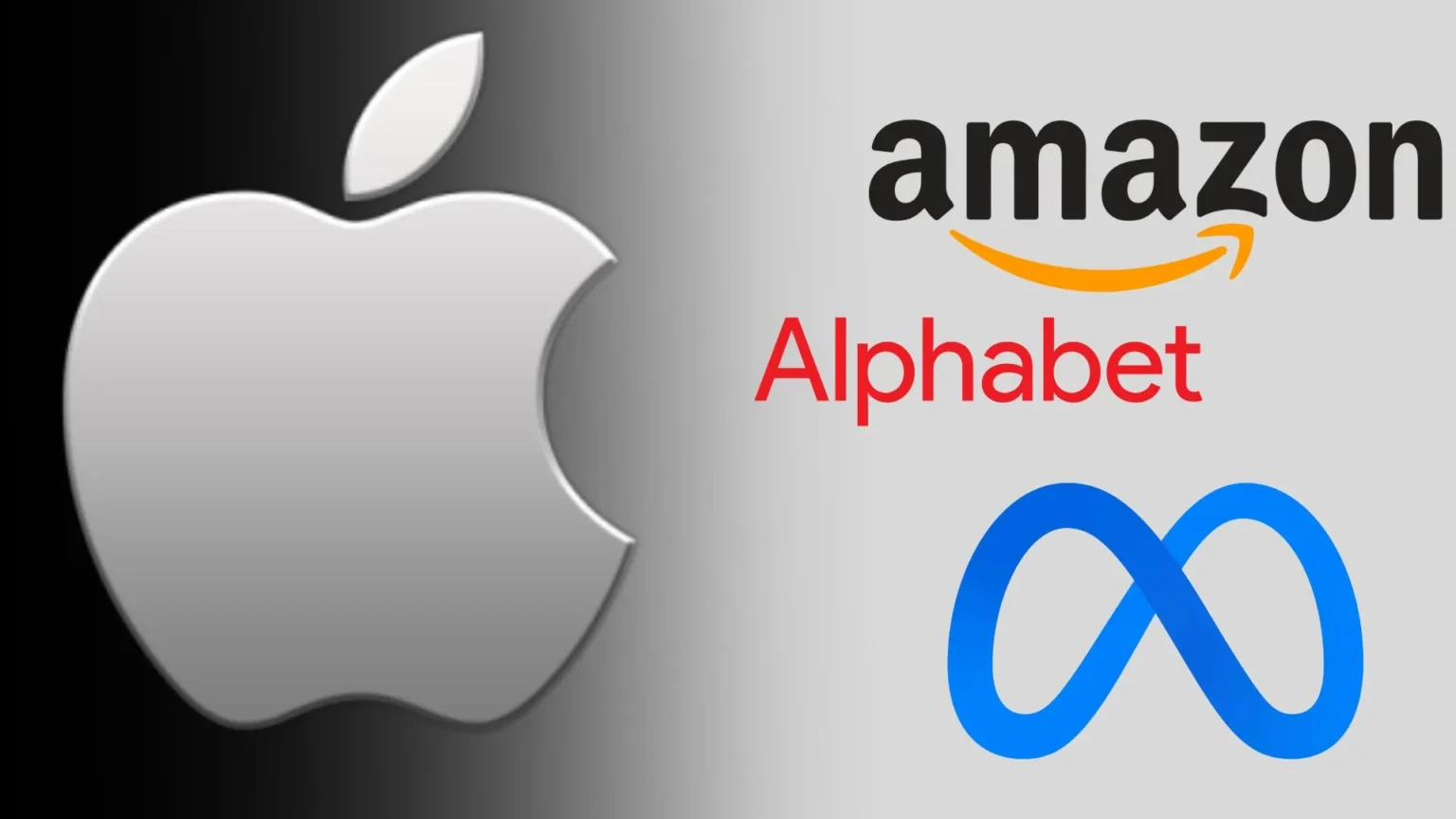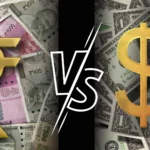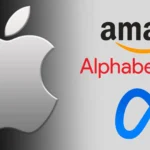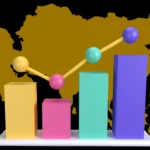Inflation is holding back tech companies’ revenue growth and forcing many of them to lay off employees as a result of these growing economic obstacles. This has significantly erased the economic gains that some US tech giants derived from Covid, resulting in a significant gap between Apple and others.
After trading ended on Wednesday with a market value of $2.307 trillion, the Cupertino giant is now worth more than Alphabet, Amazon, and Meta all put together, according to the report below from Insider. At the conclusion of trading on Wednesday, the combined market capitalizations of its three tech giant rivals reached $2.306 trillion.
According to Yahoo Finance data, Alphabet, the parent company of Google, had a market cap of $1.126 trillion, Amazon had a market cap of $939.78 billion, and Meta, the parent company of Facebook, had a market cap of $240.07 billion.
In general, Big Tech stocks experienced a severe selloff last week as a result of subpar quarterly earnings. However, Apple’s stock has performed better than its rivals since it exceeded Wall Street’s revenue and profit expectations for the fourth quarter.
Following the announcement of its results, the company that makes the iPhone saw its stock price soar by 8%. Meta lost more than 20%, Amazon lost about 10%, and Alphabet lost a single digit after their earnings reports.
The disappointing earnings of Alphabet, Meta, and Amazon suggested that there is less demand for digital advertising. The ineffectively gotten results have helped clear billions off their fairly estimated valuations as their portions fell, and pushed Amazon out of the trillion-dollar market cap club.
Apple worth stock has gained 0.16 percent over the past five sessions, while Alphabet has lost 5.7 percent, Amazon has lost 170 percent, and Meta has lost 76 percent.
Despite Apple‘s success, the company’s market cap has decreased from $2.193 trillion at the end of 2021. In 2022, investors lost interest in higher-risk assets as a result of a number of headwinds, including high inflation, rising interest rates, fears of recession, and the war in Ukraine.








